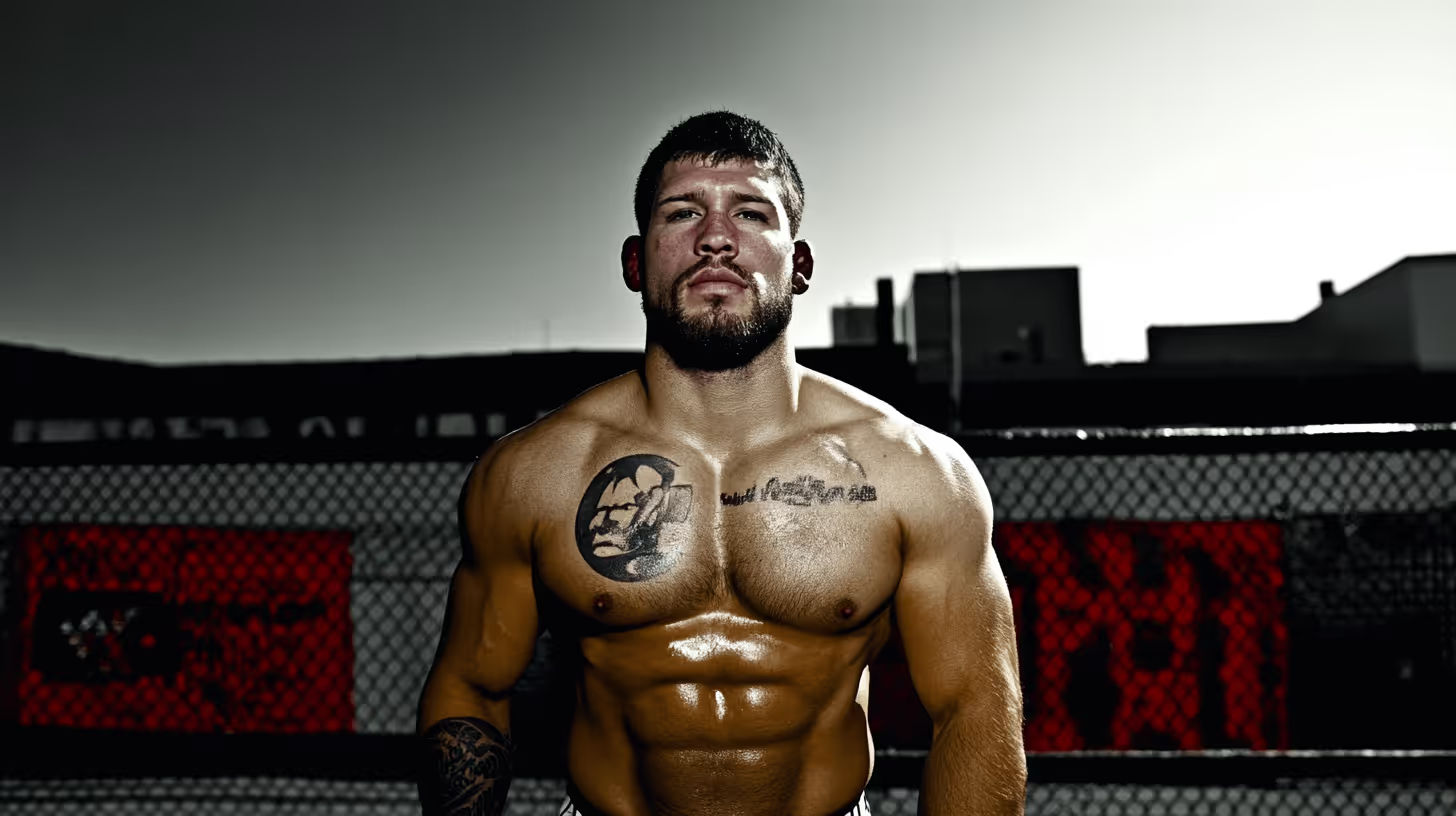Cold sores continue to be a topic of significant discussion within the Ultimate Fighting Championship (UFC). The issue surrounding these viral outbreaks has implications not only for fighters but also for fight promotions and fans worldwide. Cold sores, caused by the herpes simplex virus, can arise due to stress, illness, or fatigue, making them particularly relevant in high-stakes environments like mixed martial arts.
The UFC has made efforts to address health-related concerns, and cold sores are no exception. Specific incidents have highlighted the complexities fighters face when dealing with this condition. Cold sores can be contagious, especially during active outbreaks, prompting concerns about fighter safety and potential transmission during training and competition.
In recent events, fighters have had to navigate strict guidelines and medical protocols to ensure their health and the health of their opponents. Notably, instances where fighters have had to withdraw from bouts due to sudden outbreaks draw significant attention. An example includes a high-profile fighter undergoing treatment shortly before a scheduled fight, leading to extensive discussions among fans and analysts about health management in the sport.
The UFC places heavy emphasis on fighter safety and health regulations. Thorough medical examinations before fights help identify potential health issues, including the presence of cold sores. Promotions enforce rules that aim to minimize health risks, ensuring that both participants are physically fit to compete. This not only protects fighters but also maintains the integrity of the sport.
Fighters are encouraged to communicate openly with medical staff regarding any health concerns, including cold sores. Transparent communication is vital as it helps the medical teams assess whether fighters can safely proceed with their bouts. The goal is to prevent the spread of infections, promoting a safe competitive environment.
Education around cold sores and their management is crucial in the UFC. Fighters must know the signs of an outbreak and take appropriate measures, such as seeking medical attention and following treatment regimens. Understanding the implications of cold sores not only protects fighters but also fosters a culture of awareness and responsibility within the sport.
Moreover, the consequences of ignoring cold sores can lead to broader implications for fight promotions, as public health perceptions are increasingly heightened. When fighters show symptoms or must withdraw due to health issues, it can affect ticket sales, viewership, and overall fan enjoyment. Therefore, maintaining fighter health directly correlates with the success of fight events.
Ultimately, the ongoing dialogue surrounding cold sores in the UFC highlights a crucial aspect of sport management, combining fighter health with competitive integrity. As the UFC continues to evolve, addressing such health issues emphasizes the promotion's commitment to the safety of its athletes and the enjoyment of its fans. The future of combat sports will likely involve continued scrutiny and protocols aimed at keeping fight environments safe and healthy for all involved.




